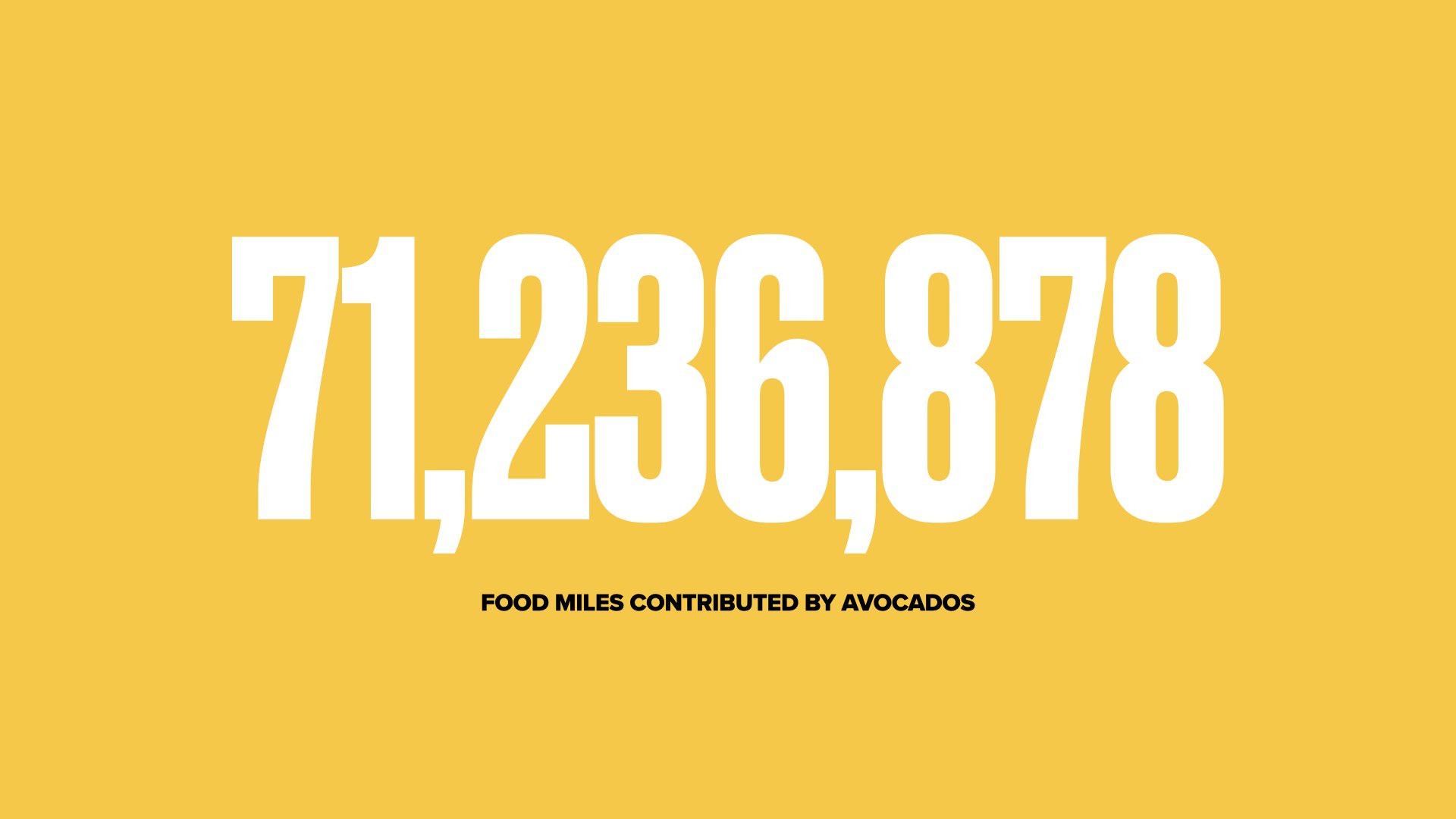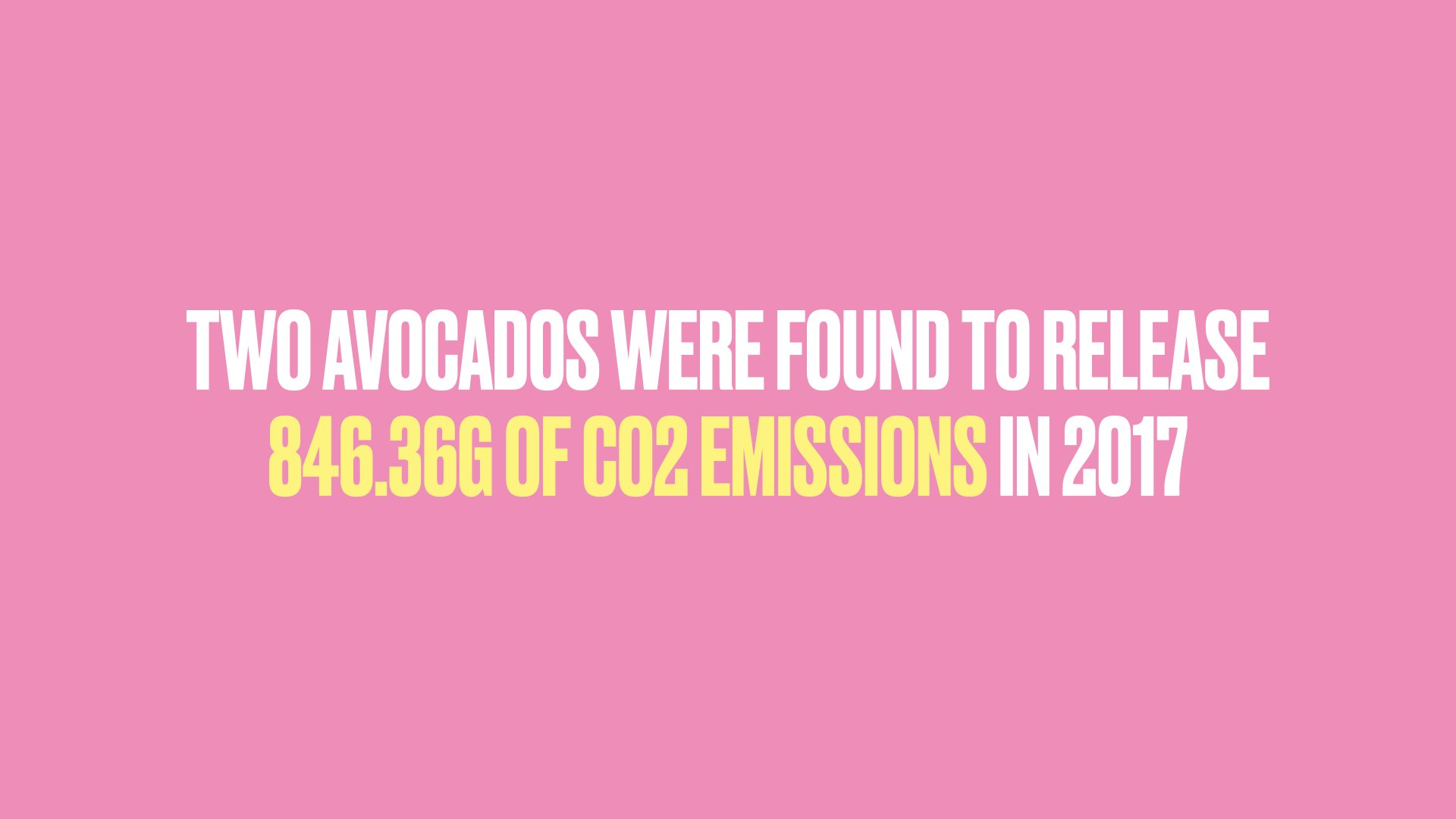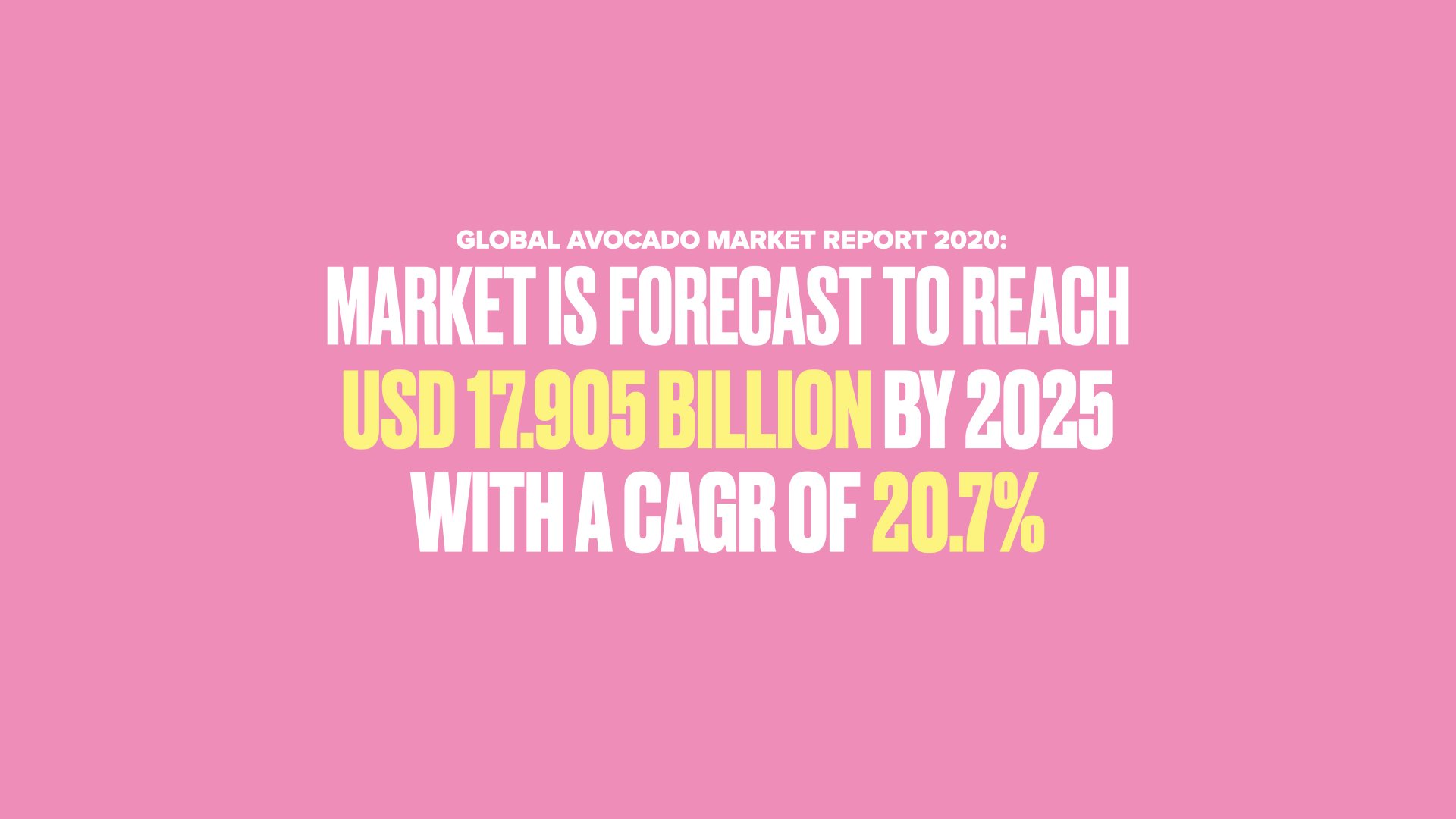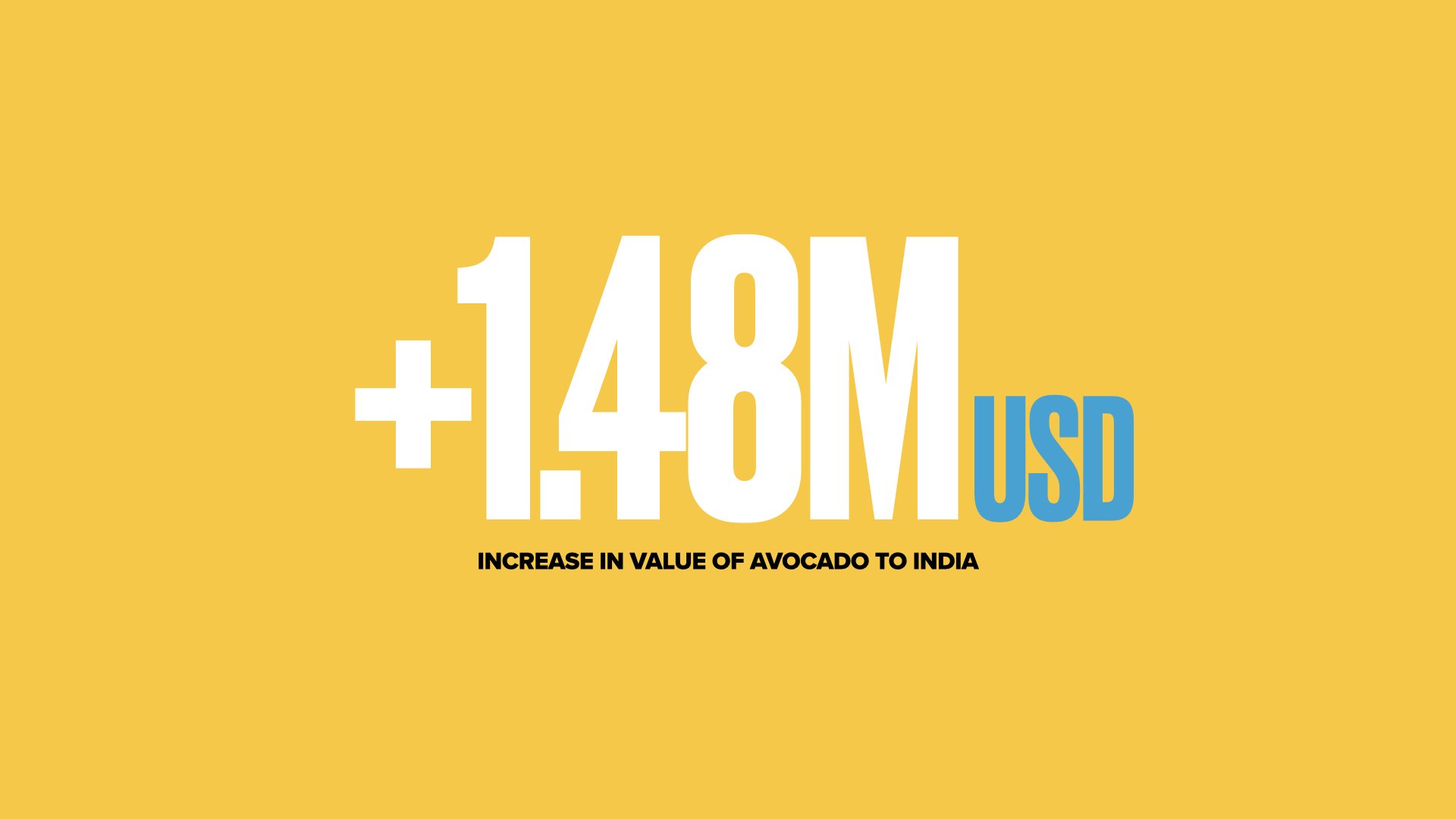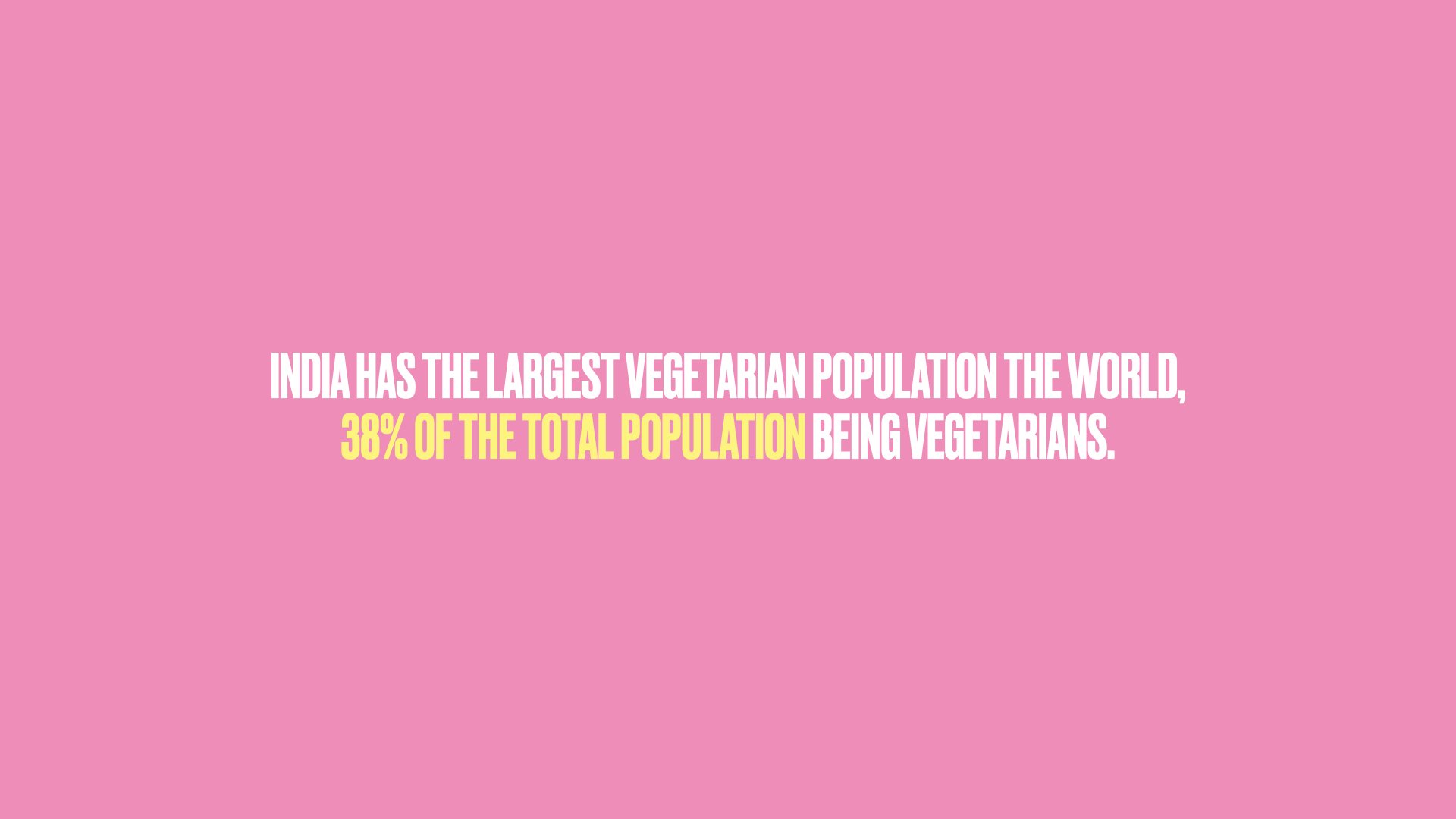Closer Home Eats: Indian Butter Fruit as a Solution to Monoculture
Avocados are highly nutritious but also increasingly controversial.
Controversial?! Those of us who love avocado toast might be shocked to learn the truth: From its high food mileage to giving rise to "green gold" cartels, the rising popularity of the fruit has significant environmental and social implications. When first-year student Charvi Shrimali researched these issues further, she became motivated to find local alternatives to high export produce in her native India. Her proposed solution? Closer Home Eats is a speculative startup that proposes popularising and rebranding the Indian variant of avocado known as butter fruit. The project aims to counter the high food mileage and extinction of plant species due to rising monoculture.
“From its high food mileage to giving rise to "green gold" cartels, the rising popularity of avocados has significant environmental and social implications.”
Monoculture—which leads to loss of soil nutrients and leaves crops more vulnerable to diseases—is a form of agriculture based on growing only one type of crop at any given time in a specific field. “Avocados are typically grown as a monoculture,” Charvi offers, “which means that the same crop grows in the exact same piece of land, year after year, for many years.”
“Monoculture plantations leave the soil with fewer nutrients and more vulnerable to diseases, leading to the need to use many pesticides and fertilizers.”
This mass-scale agricultural technique can be incredibly harmful to the environment—making the production of avocados unsustainable. Why? Charvi's research revealed many reasons—including the fact that monoculture plantations leave the soil with fewer nutrients and more vulnerable to diseases, leading to the need to use many pesticides and fertilizers. “Both usually contaminate soil and the surrounding biodiversity (human lives included) if they get dragged in runoff waters into distant ecosystems,” she explains. “Moreover, monoculture crops deplete the soil over long periods, taking away most of its mineral properties.”
Due to the uniformity and longevity required for export crops globally—despite the significant range of avocados available—80% of fruit are the Haas variety. Haas are descended from one specific tree with a tough alligator-like skin, making them easier to transport. Because only one variety of avocado is typically grown within plantations, it means that a disease outbreak has the potential to decimate the entire crop—as the world witnessed with the Gros Michel banana variety.
Charvi argues that researchers expect the avocado market to reach 17.905 billion USD by 2025, with a compound annual growth rate (CAGR) of 20.7%. Despite the controversy surrounding the fruit, the market trends indicate the rising popularity of avocados, especially in Asian countries. Charvi focused on her home country of India, where there has been an immense increase (1.48 million USD!) in the imports of Hass Avocados. This, combined with the most prominent vegetarian population, allowed the fruit to be easily incorporated into the country's diet.
"How can we ensure that expansion of avocados in the subcontinent is done sustainably?"
Charvi broached the following question: "How can we ensure that expansion of avocados in the subcontinent is done sustainably?" Closer Home Eats, Charvi's fictional startup firm, proposes introducing butter fruit as Indian avocado. Introduced in 1906 through Sri Lanka by American missionaries, many butter fruit trees can still be found in churchyards and mission compounds in South India. It has adapted to the local Indian climate, features slightly less fat content, and has a nuttier flavor profile than its avocado rival.
She was surprised to learn that India has no commercial nursery participating in the production of avocado planting material so far. “It’s grown sporadically in parts of South and North East India and the state of Himachal Pradesh, away from metropolitan centers, like Delhi and Mumbai, which have the highest consumption of Hass avocado,” she shares.
Instead of importing avocados over long distances, the organization would appeal to its target audience of climate-conscious consumers. Charvi imagines this functioning through a partnership with a distribution channel and a research center. “Some of the first steps in making this project a reality would be setting up commercial nurseries for butter fruit and figuring out packaging solutions,” Charvi says.
Here’s Charvi's roadmap for the future of Closer Home Eats:


